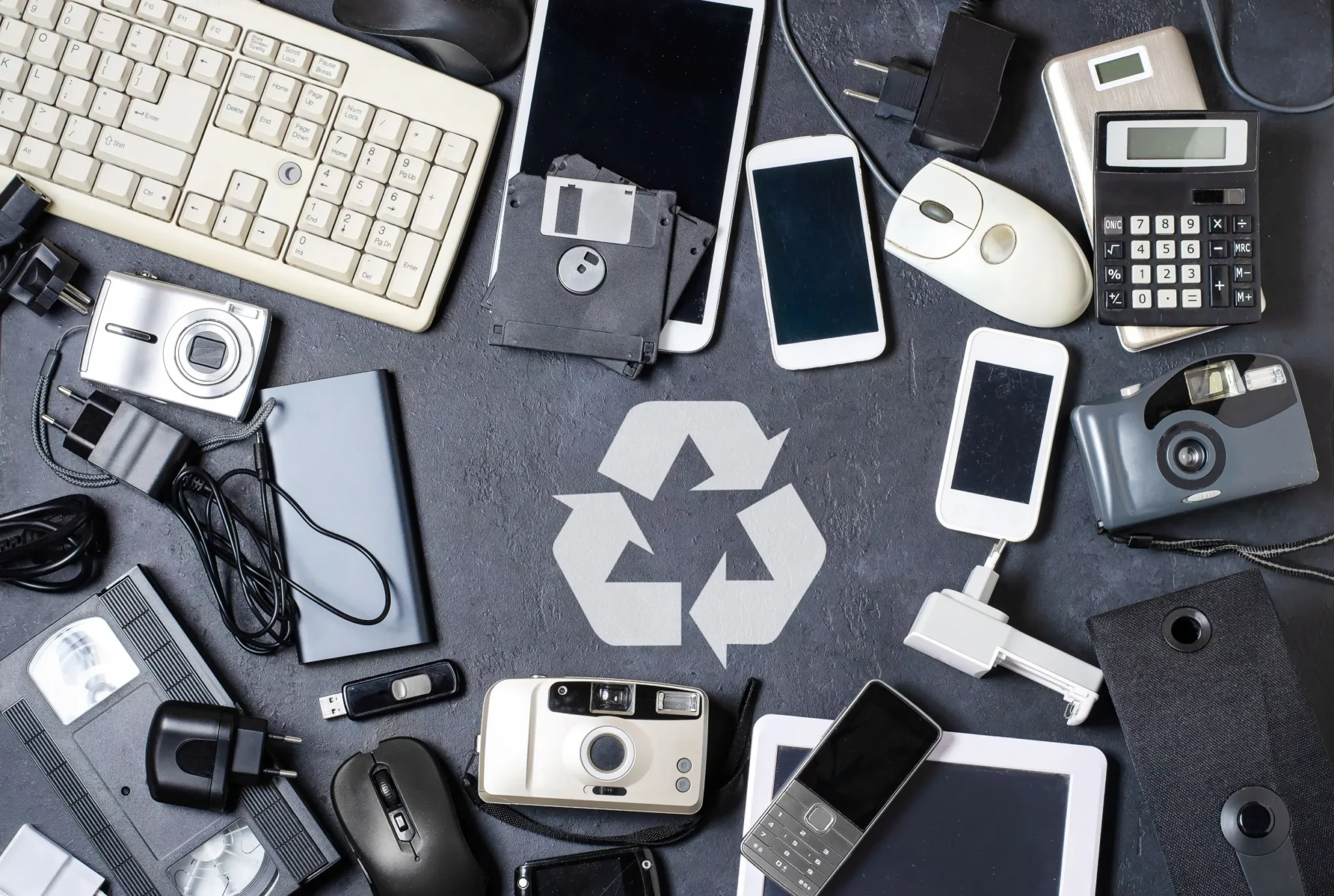
E-waste reaches record 53.6 mln metric tonnes
The third edition of the Global E-waste Monitor 2020 launched in July 2020 by the Global E-waste Statistics Partnership, provides comprehensive insight to address the global e-waste challenge.
The U.N.-backed study estimated the amount of e-waste that piled up globally in 2019 at 53.6 metric tonnes (59.1 tons)—almost 2 million metric tons more than the previous year.
The authors of the study calculated that the combined weight of all dumped devices with a battery or a plug last year was the equivalent of 350 cruise ships the size of the Queen Mary 2.
Among all the discarded plastic and silicon were large amounts of copper, gold, and other precious metals—used, for example, to conduct electricity on circuit boards. While about a sixth of it was recycled, the study found that the remainder of those valuable components—worth about $57 billion—weren’t reclaimed.
Discarded electronic equipment also poses a health and environmental hazard, as it contains substances such as mercury that can damage the nervous system.
The study’s authors, produced by the U.N. University, the International Solid Waste Association, and others, predicted that global e-waste could grow to 74 million metric tons by 2030.
In 2019, only 17.4 percent of e-waste was officially documented as formally collected and recycled. In 2018, the highest policy-making body of the ITU, the Plenipotentiary Conference, established a target to increase the global e-waste recycling rate to 30 percent by 2023. The formal collection and recycling rate would have to increase much faster to hit that target.
The number of countries that have adopted a national e-waste policy, legislation, or regulation has increased from 61 to 78 between 2014 and 2019. In many regions, however, regulatory advances are slow, enforcement is low, and collection and proper e-waste management is poor.
ITU Member States also set a target to raise the percentage of countries with e-waste legislation to 50 percent—or 97 countries—by 2023. ITU provides a programme dedicated to e-waste policy and regulatory development, where Member States can request ITU technical assistance and capacity-building support.












